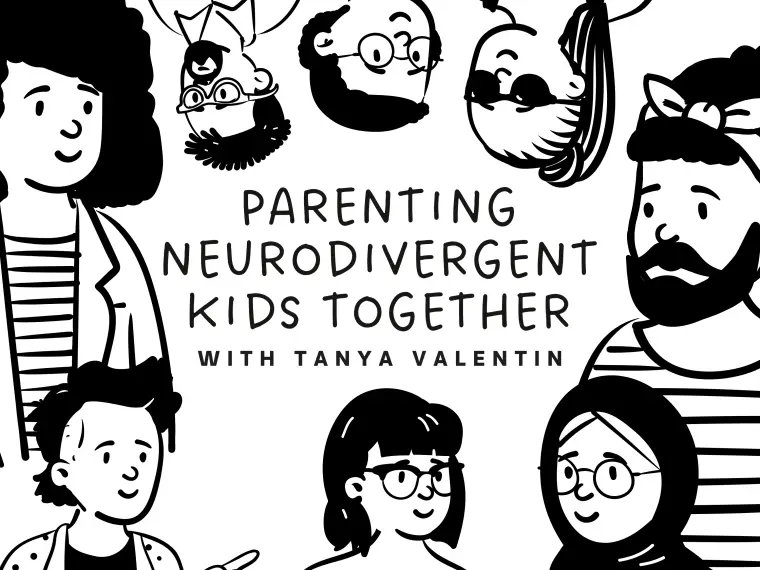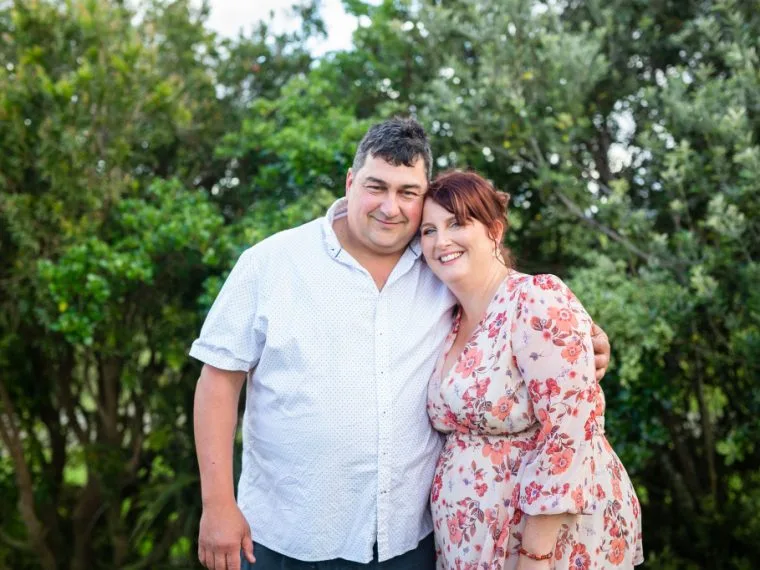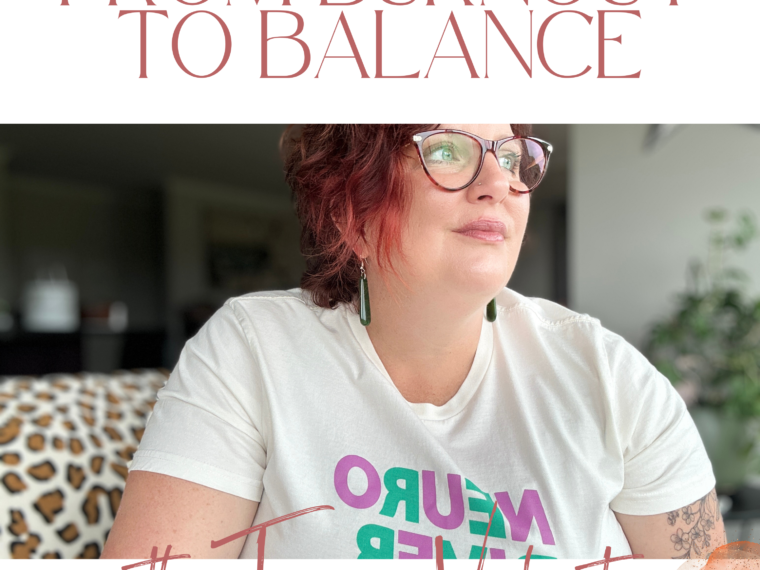Strategies For Protecting Your Autistic Child from Burnout. As a parent of an Autistic child or teen, understanding the unique ways their brain processes information can be incredibly helpful in giving them the support they need and protecting them from Autistic Burnout. One such concept is Monotropism—a term that refers to a person’s ability to […] Read more…


























